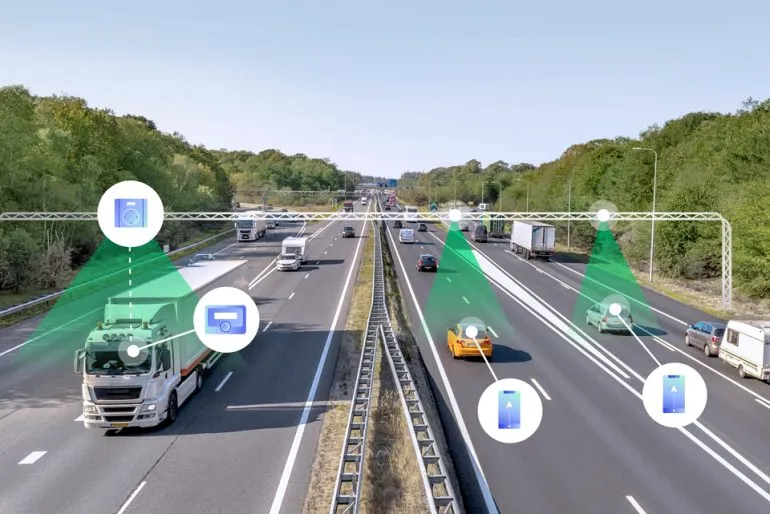Font size:
Print
Rethinking FDI Oversight
Context:
As global geopolitical shifts intensify, foreign direct investment (FDI) requires greater attention and supervision.
More on News
- India, in particular, is exploring the possibility of introducing a regulatory mechanism for post-inflow review of FDI.
- While still in the discussion phase, this move raises critical questions about balancing national security concerns with maintaining investor confidence.
India’s Proposal for FDI Oversight
- India is considering a regulatory framework to monitor FDI after the inflow, ensuring funds are used for stated purposes and preventing illicit flows.
- This initiative is inspired by similar oversight mechanisms in other countries, aiming to protect national security and financial integrity.
Risks of Over Regulation
- While security is a concern, India must be cautious about adding another regulatory body that could complicate the existing framework.
- India already has sector-specific regulators and financial controls that oversee FDI movements and prevent fund misuse through audits.
- Further regulation could reinforce India’s reputation for being overly bureaucratic, which may deter potential investors.
- India’s recent FDI numbers are a cause for concern, with a 3% decline in 2023-24 following a larger drop the previous year.
Need for Investor Confidence
- India’s economic growth relies heavily on foreign investment due to limited domestic capital availability.
- Beyond capital, FDI brings expertise and technology critical for development.
- The establishment of the Permanent Court of Arbitration (PCA) office in New Delhi signifies India’s commitment to building a robust legal framework.
Rule of Law as a Key Factor
- Chief Justice D.Y. Chandrachud emphasised that investor confidence thrives in systems where the rule of law is upheld.
- Fairness in the legal system is fundamental to India’s Constitution and critical for attracting FDI.
- The judiciary’s role in safeguarding investor rights and invalidating arbitrary laws is essential to building a predictable, transparent business environment.
The Debate Over Investor-State Dispute Settlement (ISDS)
- ISDS mechanisms, which allow foreign investors to bypass national courts, have been part of India’s bilateral investment treaties.
- However, ISDS has faced global criticism for creating fragmented and contradictory rulings.
- The United States, once a major supporter, has moved away from ISDS in recent agreements, citing concerns over granting exclusive access to foreign corporations.
- Proponents argue that ISDS attracts investment, but evidence suggests otherwise.
Alternatives to ISDS: Brazil’s Model
- Brazil, which does not use ISDS, remains an attractive investment destination by focusing on investment facilitation and conflict prevention.
- The Brazil-India Investment Cooperation and Facilitation Treaty offers a collaborative approach to dispute prevention, using national-level ombudsmen to address issues before they escalate to arbitration.
Other Models of Dispute Resolution
- India has engaged in other innovative models for investor protection, such as the Investment Promotion and Cooperation chapter in the Trade and Economic Partnership Agreement with Switzerland, Iceland, Norway, and Liechtenstein.
- These models emphasise collaboration, transparency, and dispute resolution mechanisms that avoid arbitration.
- India’s recent Agreement on Clean Economy under the Indo-Pacific Economic Framework (IPEF) further demonstrates its commitment to facilitating investments and promoting a fair investment climate.
Conclusion:
Enhanced FDI oversight can address national security concerns, but over-regulation risks deterring investors. Clarity, efficiency, and trust in the legal system are essential for investor confidence. A balanced approach, with effective oversight and transparent dispute resolution, is key to attracting and retaining foreign investments while ensuring growth.


